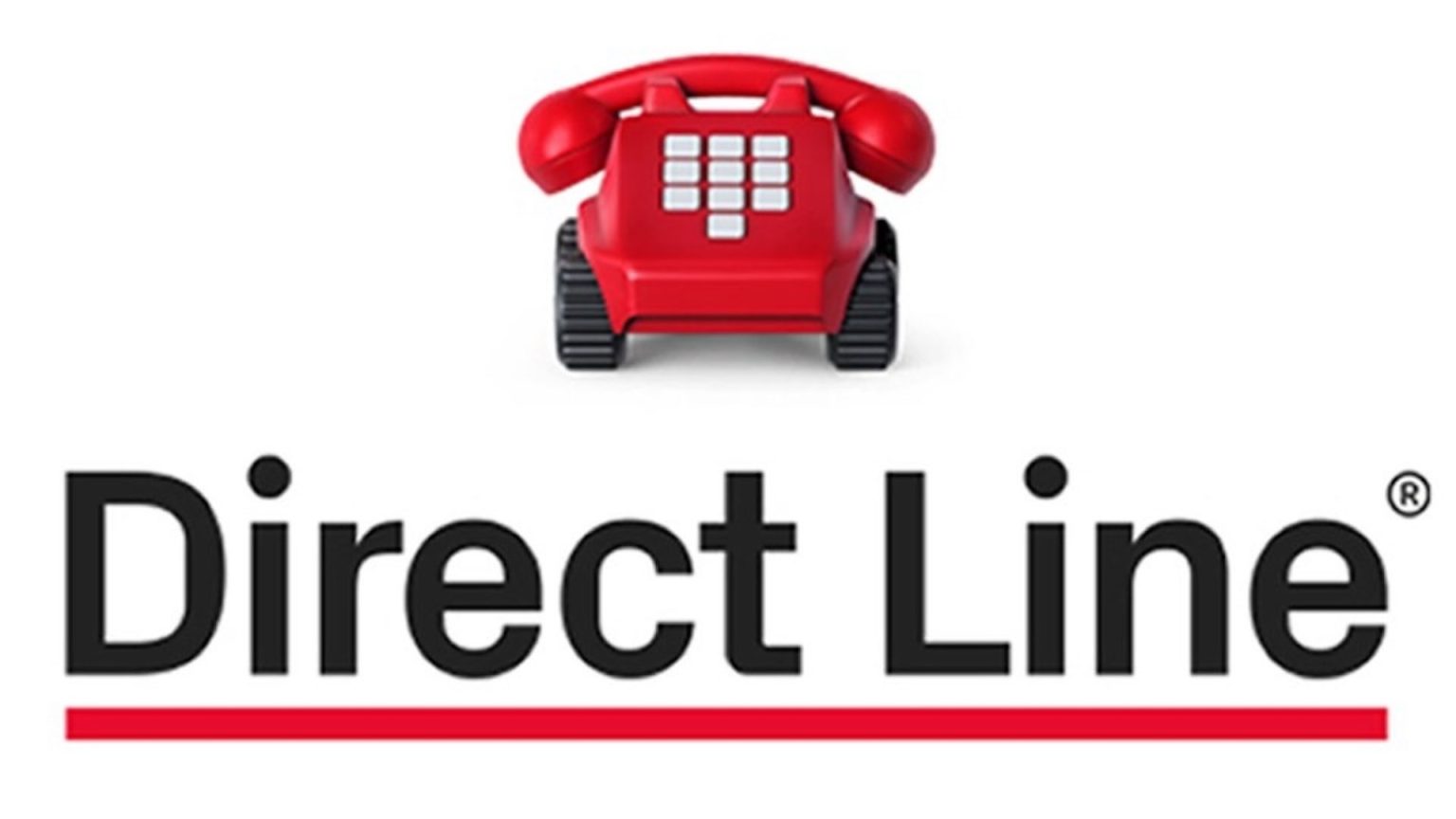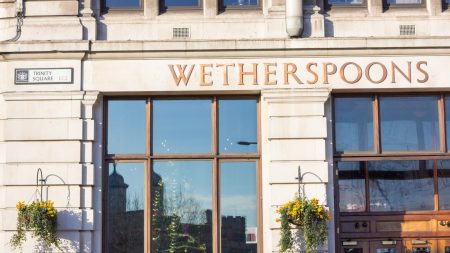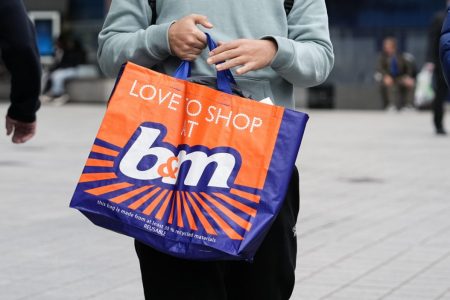Aviva’s Acquisition of Direct Line: A Consolidation in the UK Insurance Market
The UK insurance landscape has witnessed a significant shift with Aviva’s successful takeover of Direct Line, a deal valued at £3.6 billion. This acquisition marks a strategic move by Aviva to solidify its position in the market, creating a formidable force in home and car insurance. The acquisition process wasn’t without its hurdles. Aviva’s initial offer of 250p-a-share was rejected by Direct Line’s board, deeming it "opportunistic." A second offer also met resistance. However, a sweetened bid of 275p-a-share finally secured the deal, reflecting the recognized value of Direct Line and the potential synergies of the combined entities. The acquisition comes at a pivotal time for Direct Line, which was undergoing a turnaround strategy under the leadership of Adam Winslow. Ironically, Winslow joined Direct Line from Aviva earlier this year, highlighting the interwoven nature of corporate careers and the sometimes unexpected turns of business strategy.
Implications for the Insurance Industry and Beyond
This consolidation within the insurance sector carries significant implications for both consumers and the broader market. The combined entity will command a substantial share of the UK insurance market, holding the second-largest position in car insurance, trailing only Admiral, and securing a 15% stake in the home insurance market. This enhanced market presence grants Aviva greater leverage in pricing and product offerings. The acquisition is subject to regulatory scrutiny, including approval from the Bank of England, which will assess the potential impact on competition and consumer welfare. The deal also raises questions about potential job losses as duplicate roles are identified and streamlined within the merged organization. Furthermore, the long-term effects on insurance premiums remain to be seen. While some analysts predict potential increases due to reduced competition, others suggest that efficiencies and economies of scale could lead to lower prices for consumers.
Direct Line’s Turnaround Cut Short: Winslow’s Unexpected Windfall
The acquisition effectively halts Direct Line’s ongoing turnaround efforts, which were being spearheaded by Adam Winslow. Winslow’s relatively short tenure at Direct Line underscores the unpredictable nature of business operations and the far-reaching impacts of mergers and acquisitions. The irony of Winslow’s situation is further highlighted by the financial windfall he receives from the deal. His shares in Direct Line, along with previously forfeited Aviva awards, will net him a considerable sum, providing a somewhat unexpected personal benefit from the acquisition of his current employer by his former one. This circumstance has sparked humorous commentary on social media, illustrating the human interest angle to this corporate transaction.
Other Market Developments: Thames Water Bid and Record High House Prices
Beyond the Aviva-Direct Line deal, other notable developments have shaped the UK business landscape. Struggling water utility company Thames Water has received a bid from Castle Water, a Scottish firm backed by Tory party treasurer Graham Edwards and investor Covaliz, with support from France’s Suez. Thames Water’s financial woes have prompted concerns about its ability to maintain essential services, highlighting the challenges faced by utility companies in a volatile economic environment. Meanwhile, the UK housing market continues to defy expectations, with average house prices reaching a record high of £298,083 in November. This sustained growth, despite economic headwinds, suggests a resilient market driven by factors such as limited supply and persistent demand.
Contrasting Fortunes: M&S’s Victory and Frasers Group’s Challenges
In the retail sector, Marks & Spencer (M&S) has celebrated a victory in its efforts to redevelop its Marble Arch store. The company’s plans to demolish and rebuild the asbestos-ridden building faced considerable opposition, but its eventual success marks a significant step towards modernizing its retail presence. Conversely, Frasers Group, led by Michael Murray, has faced challenges, lowering profit forecasts after the impact of the recent Budget. This contrast highlights the diverse fortunes of retailers navigating a complex economic landscape, with some adapting and thriving while others grapple with external pressures.
Summary of Key Developments
In summary, the UK business landscape has witnessed several significant developments, most notably Aviva’s takeover of Direct Line, creating a major player in the insurance market. This acquisition has implications for competition, pricing, and employment within the sector. Other noteworthy events include the bid for Thames Water, reflecting the financial challenges facing utility companies, and the record high house prices demonstrating the resilience of the UK housing market. Finally, the contrasting fortunes of M&S and Frasers Group highlight the diverse challenges and opportunities facing retailers in the current economic climate.











